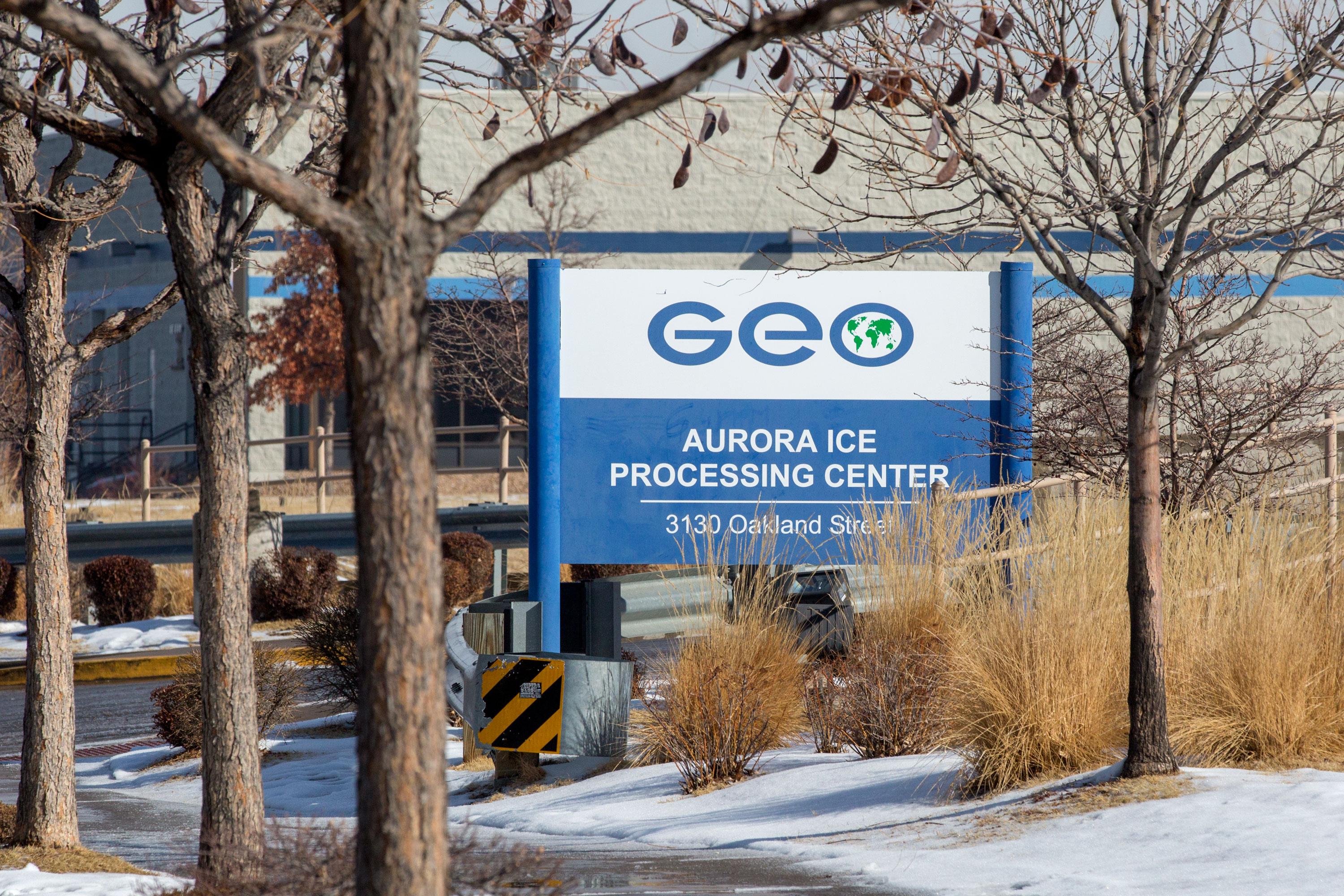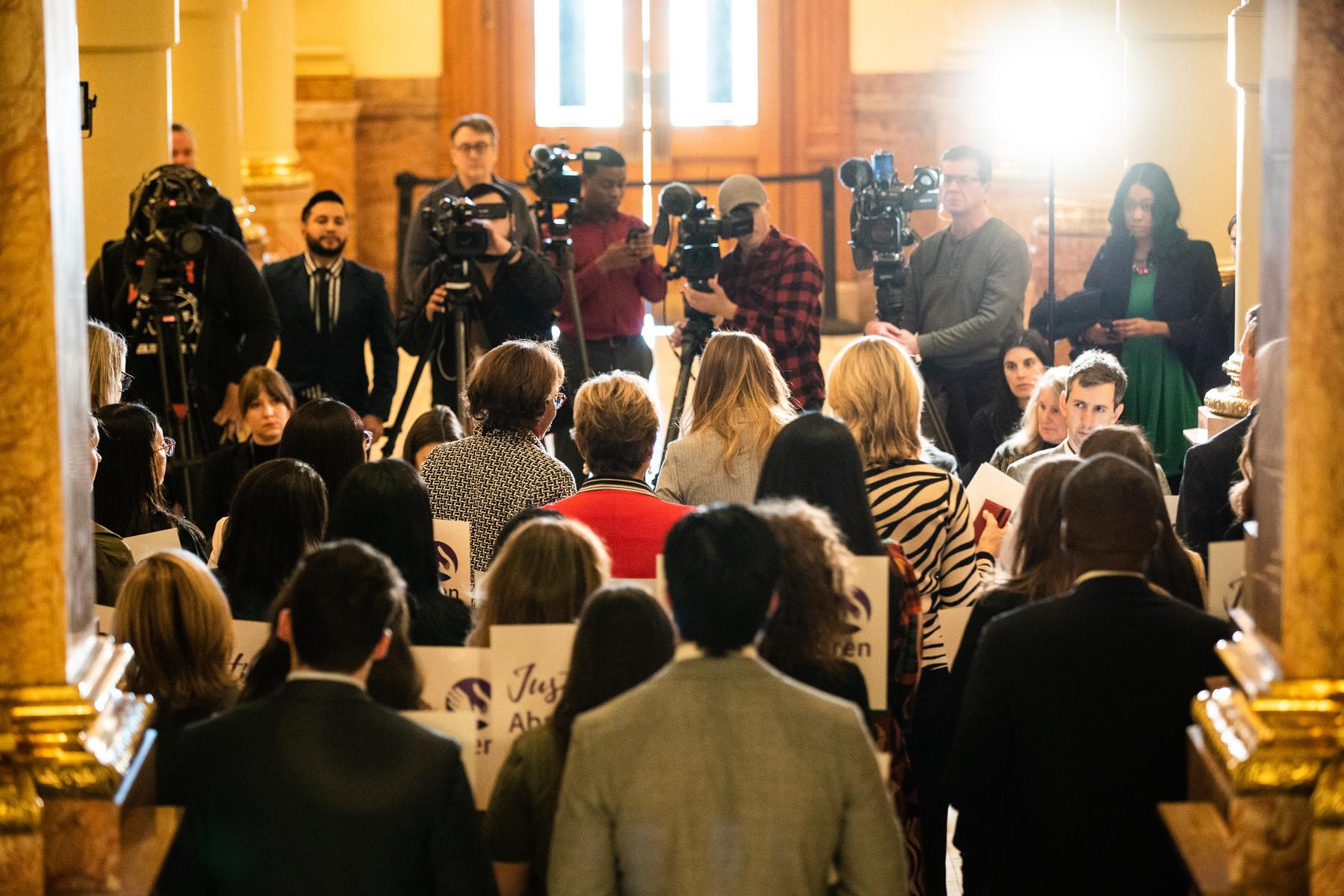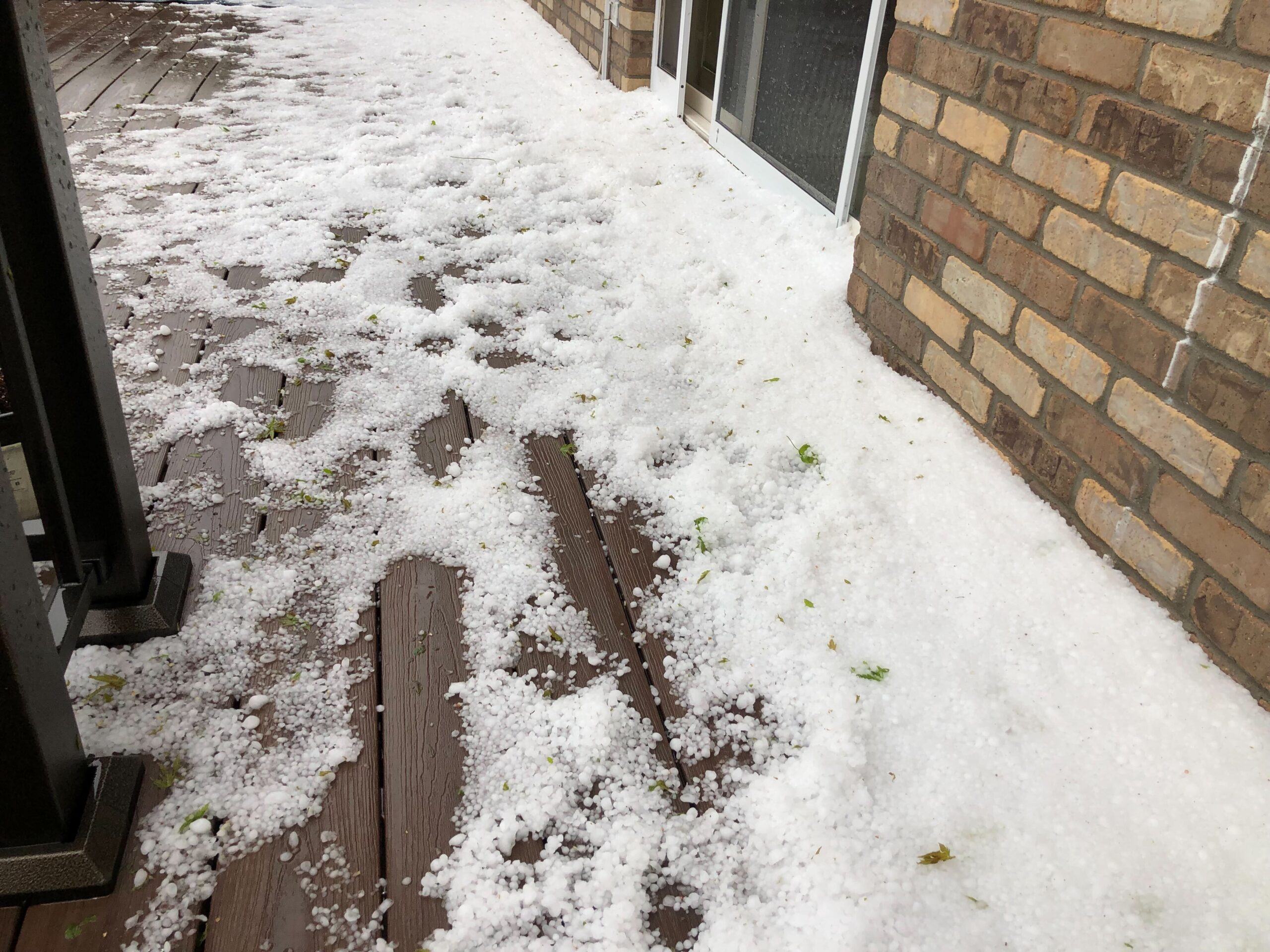
Colorado lawmakers are calling for an investigation into a death at an ICE detention center in Aurora.
Congressman Jason Crow and U.S. Senators Michael Bennet and John Hickenlooper requested an independent investigation into the death of Melvin Ariel Calero Mendoza in a letter to the Inspector General’s Office.
Calero Mendoza is from Nicaragua and died earlier this month while waiting to be removed from the U.S. The facility houses ICE detainees but is run by GEO, a private contractor. This is the facility's third death — and the first since 2017.
“The [GEO] Facility’s negative history has resulted in enhanced congressional oversight,” the members wrote. “As we endeavor to provide enhanced oversight of this Facility, we urge you to keep our offices informed of the agency’s investigations into Mr. Calero Mendoza’s death. In adherence with agency protocol, we request that the DHS OIG and ICE OPR independently investigate Mr. Calero Mendoza’s death and make the results of the investigations publicly available.”
Crow, who represents Aurora, says the bigger issue is with for-profit, commercialized immigration detention centers in the country.
“You insert profit motivation into a system like that, you're going to continue to get results like this. We have to end this system overall to reform it,” Crow said in a brief phone interview. “But until that time comes, I take very seriously my responsibility with regard to this facility.”
Federal immigration officials say Calero Mendoza had been in ICE custody since May at the detention center. He was awaiting proceedings to remove him from the country. The 39-year-old was hospitalized at the University of Colorado Hospital before he died.
A class action lawsuit against The GEO Group alleging forced labor and unjust enrichment was also filed. That suit is headed to trial.
Crow wouldn’t comment on the case due to pending litigation.
“There are these lawsuits that are pending that I think are important to make sure that there's a day in court and that there's transparency and accountability,” Crow said. “That's just another avenue of making sure that what's happening within these facilities is consistent with our community values and that everybody's treated with designating respect.”
GEO, who owns and operates the facility, argued in court it was covered by federal law that protects contractors. The U.S. District Court of Colorado determined that GEO could not benefit from that law and allowed the suit to continue.









